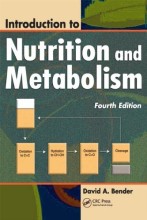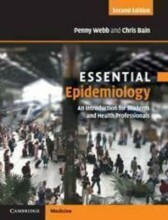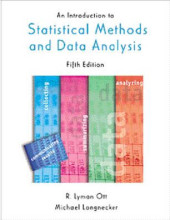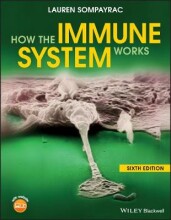NP12 Energetic efficiency, heat production
8 important questions on NP12 Energetic efficiency, heat production
What is part of the oxygen transport system?
- Pulmonary ventilation
- Hemoglobin concentration
- Blood volume and cardiac output
- Peripheral blood flow
- Aerobic metabolisme
What is the efficiency (%) from glycogen, protein and fat looking at aerobic metabolism
- 36%
- 64%
- 35%
- 65%
- 35%
- 65%
What are the differences in substrate use?
- The body as a whole is aerobic
- The body in balance (N=0, E=0) dietary intake is oxidised completely
- Shifts in substrate use can have physiological advantages
- on the short term (sprint)
- locally in the body
- but with possible consequences for Eefficiency (decreases ?)
- Higher grades + faster learning
- Never study anything twice
- 100% sure, 100% understanding
ATP: aerobic --> anaerobic
- Contribution an-aerobic ATP increases
- Ration ATP anaerobic : aerobic --> 1:14
- Anaerobic ATP production > 7% of total
- Initially nett lactate production
- Discriminatie between short and longer term
What happens with high altitude exposure [unavoidable]
- Hypobaric conditions cause hypoxia (los O2) with ATP-production via anaerobic glycolysis (lactate!)
- Anaerobic glycolysis needs support of gluconeogenesis from lactate (Cori-cycle).
- Energy expenditure increases, thus O2 consumption needs to increase --> problem appearing...
What happens in unavoidable conditions (longer term) (with lower O2)
- Contribution an-aerobic ATP increases
- Ratio ATP anaerobic:aerobic > 1:14
- Anaerobic ATP production > 7% of total
- Nett production of lactate
- Lactate has to be cleared immediately when it is produced
BMR - basal metabolic rate =
- Energy expenditure in the post-absorptive state
- measured under conditions of thermal neutrality
- awake but completely at rest
The energy cost of maintaining
- circulation and breathing
- nerve and muscle tone
- metabolic homeostasis
RMR - resting metabolic rate =
- Energy expenditure at rest
- not measured under strictly controlled conditions
The question on the page originate from the summary of the following study material:
- A unique study and practice tool
- Never study anything twice again
- Get the grades you hope for
- 100% sure, 100% understanding
































